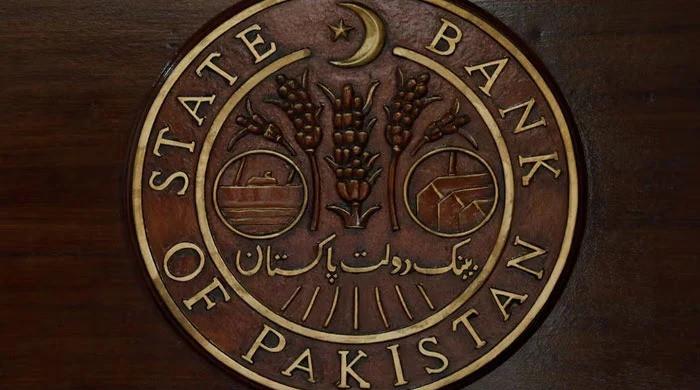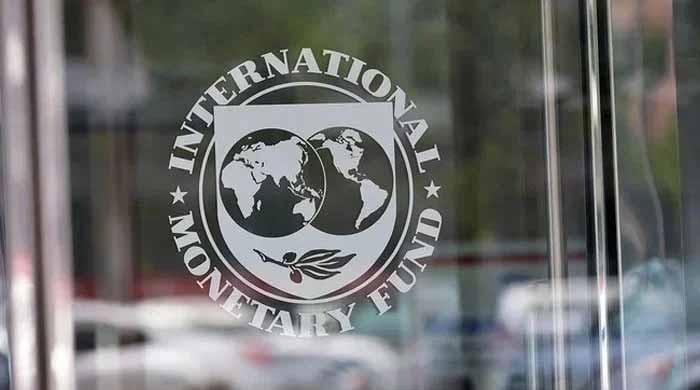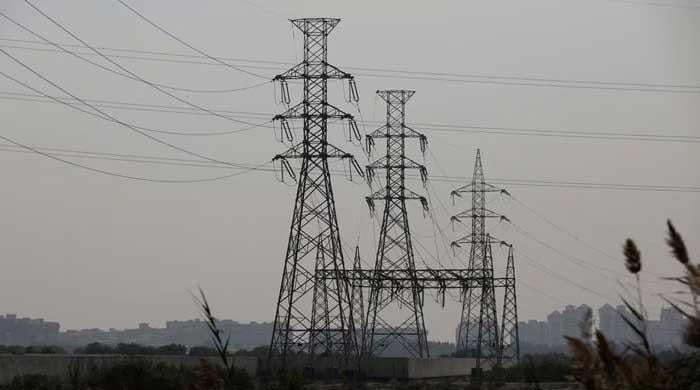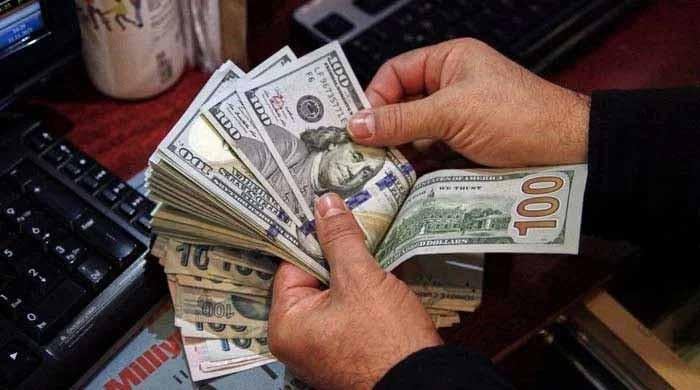Saudi Arabia extends $3 billion deposit term for 1 year
Term for the deposit of $3 billion maturing on December 5, 2023, says SBP
November 29, 2023
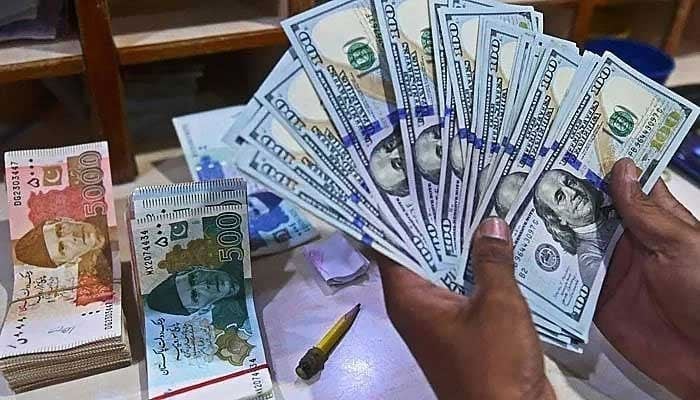
- SFD on Saudi Arabia's behalf extended term, says SBP.
- Deposit will help maintain foreign currency reserves of Pakistan.
- $3bn deposit agreement initially signed with SBP in 2021.
In a major development for the struggling economy, Saudi Arabia has extended the term of its $3 billion deposit with the State Bank of Pakistan (SBP) for another year.
“The Saudi Fund for Development (SFD) on behalf of the Kingdom of Saudi Arabia has extended the term for the deposit of USD 3 billion maturing on 05 December 2023 for another one year,” the SBP announced in a statement on Wednesday.
The extension of the term of the deposit is a continuation of the support provided by the kingdom to Pakistan, which will help to maintain the foreign currency reserves of Pakistan and contribute to the economic growth of the country, the statement added.
“The $3 billion rollover is an important move in securing $25 billion in gross financing needs estimated by Pakistan for FY-24,” former adviser to the Ministry of Finance Khaqan Najeeb told Geo.tv.
He said the extension in the deposit term would help solidify the ongoing IMF programme as the IMF was seeking confirmation from lenders and friendly countries of their commitments to Pakistan.
Moreover, the analyst said the rollover will pave the way for the IMF Executive Board’s approval for the second loan tranche of $700 million.
The $3 billion deposit agreement was initially signed through the SFD with the SBP in 2021 and rolled over subsequently in 2022, after the issuance of the “royal directives that reflect the continuation of the close relationship between the two brotherly countries”.
Pakistan’s economy is in dire straits with its foreign reserves depleting quickly amid less inflows from overseas investors. Analysts also see the Pakistani rupee falling to 350 by the end of 2024 as the local unit is set to end this year as the worst-performing currency.
The country was on the brink of default last year, but it was averted after the International Monetary Fund (IMF) approved a short-term bailout with strict conditions — pushing the inflation up as Pakistan underwent several structural reforms, which saw an increase in gas, energy, and petrol prices.
The foreign exchange reserves held by the central bank dropped by $217 million to $7.180 billion in the week ending November 17, the SBP said, noting that commercial banks’ reserves had also fallen to $5.122 billion — bringing the country’s overall reserves to $12.302 billion.
The SBP attributed the drop in reserves to debt repayment in its weekly statement. Pakistan faces a challenging external financing situation, as it has to repay about $5 billion in external debt in the remaining months of the current fiscal year.
However, the expected financing from the IMF, bilateral, and other multilateral partners should support the nation's foreign exchange reserves.
Pakistan expects to secure a tranche of $700 million from the IMF’s existing loan programme after completing a first review. The IMF's executive board is expected to approve the staff-level agreement with Pakistan for the first review of the $3 billion stand-by arrangement early next month.
It is projected that Pakistan will get approximately $1.2 billion in financing from the World Bank, Asian Development Bank, and Asian Infrastructure Investment Bank before the end of the year. The government also expects more inflows from friendly nations to support the country's economy.





